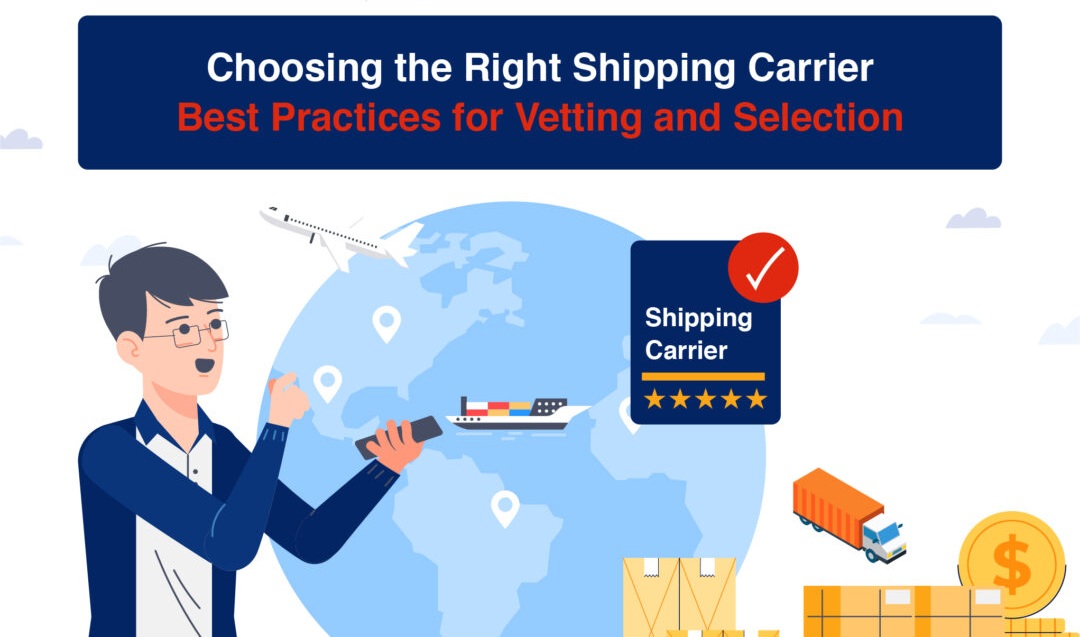The Essentials of International Freight Forwarding: What Every Business Should Know
Expanding into international markets is an exciting step for any business. But with opportunity comes complexity. Moving goods across borders involves far more than just booking a truck or a vessel. Customs clearance, documentation, transit times, and cost optimisation all play a crucial role. This is where freight forwarders step in.
In this article, we’ll explore the basics of international freight forwarding and why it’s essential for businesses trading globally.
1. What Is Freight Forwarding?
Freight forwarding is the coordination and management of international shipments on behalf of companies. A freight forwarder does not necessarily move the goods themselves but arranges the most efficient transport route, negotiates with carriers, handles customs formalities, and ensures that shipments comply with international regulations.
2. Modes of International Transport
-
Road Freight: Flexible and cost-effective for shorter distances within Europe.
-
Sea Freight: Ideal for large shipments and bulk cargo, though slower than air.
-
Air Freight: Fastest but also the most expensive option.
-
Multimodal Solutions: Combining two or more modes for efficiency and cost savings.
3. Key Responsibilities of a Freight Forwarder
-
Preparing and verifying shipping documents (commercial invoices, bills of lading, packing lists).
-
Coordinating with carriers and customs brokers.
-
Tracking cargo in real time.
-
Advising on Incoterms, tariffs, and duties.
-
Ensuring cargo insurance is in place.
4. Benefits for Businesses
-
Time Savings: Forwarders take care of complex paperwork.
-
Cost Efficiency: Better freight rates through established networks.
-
Risk Reduction: Expertise in compliance reduces the chance of delays.
-
Flexibility: Tailored solutions for shipments of all sizes and industries.
International freight forwarding is the backbone of global trade. For businesses entering new markets, working with a reliable forwarder ensures smoother operations, reduced costs, and peace of mind.




